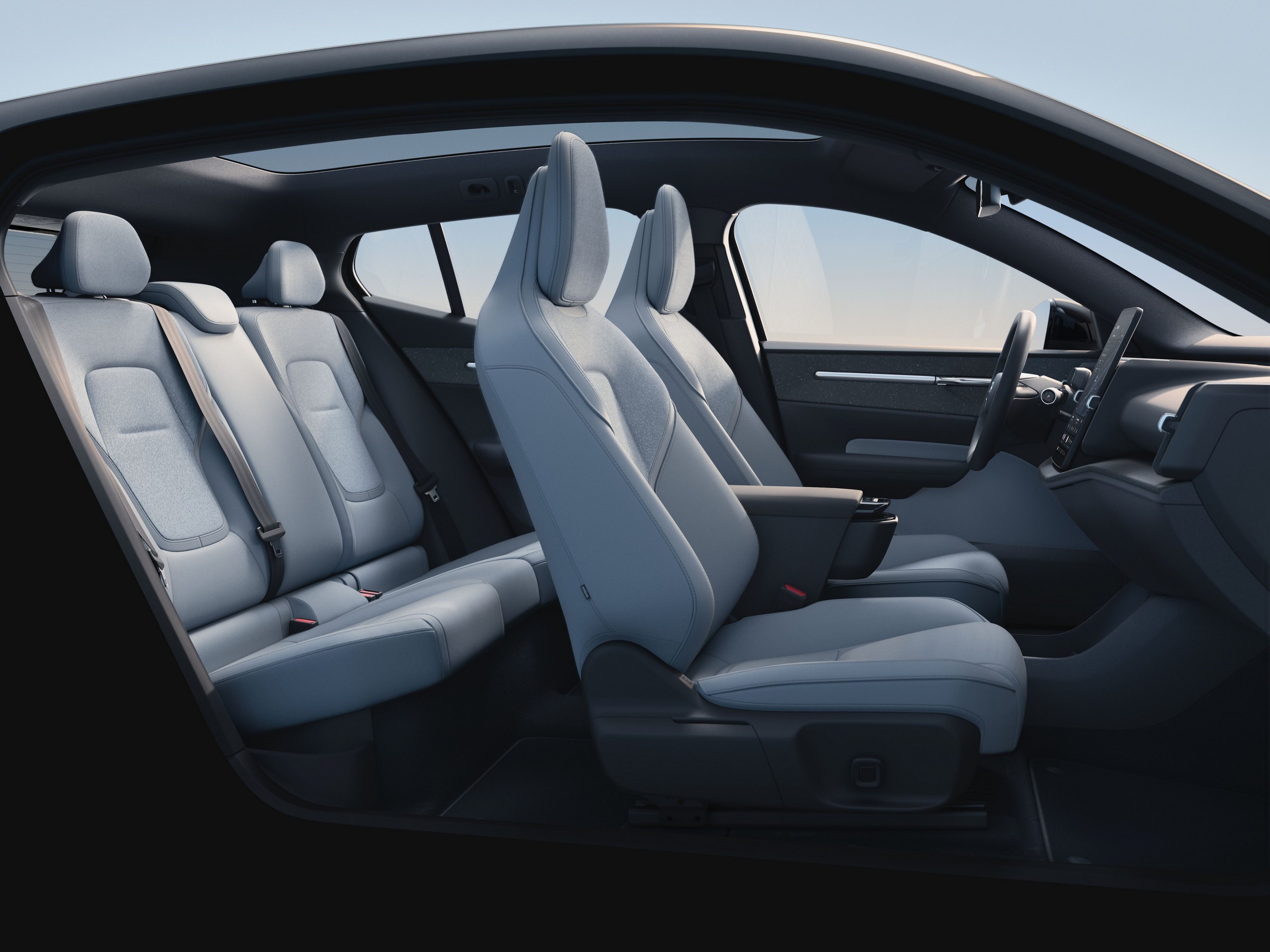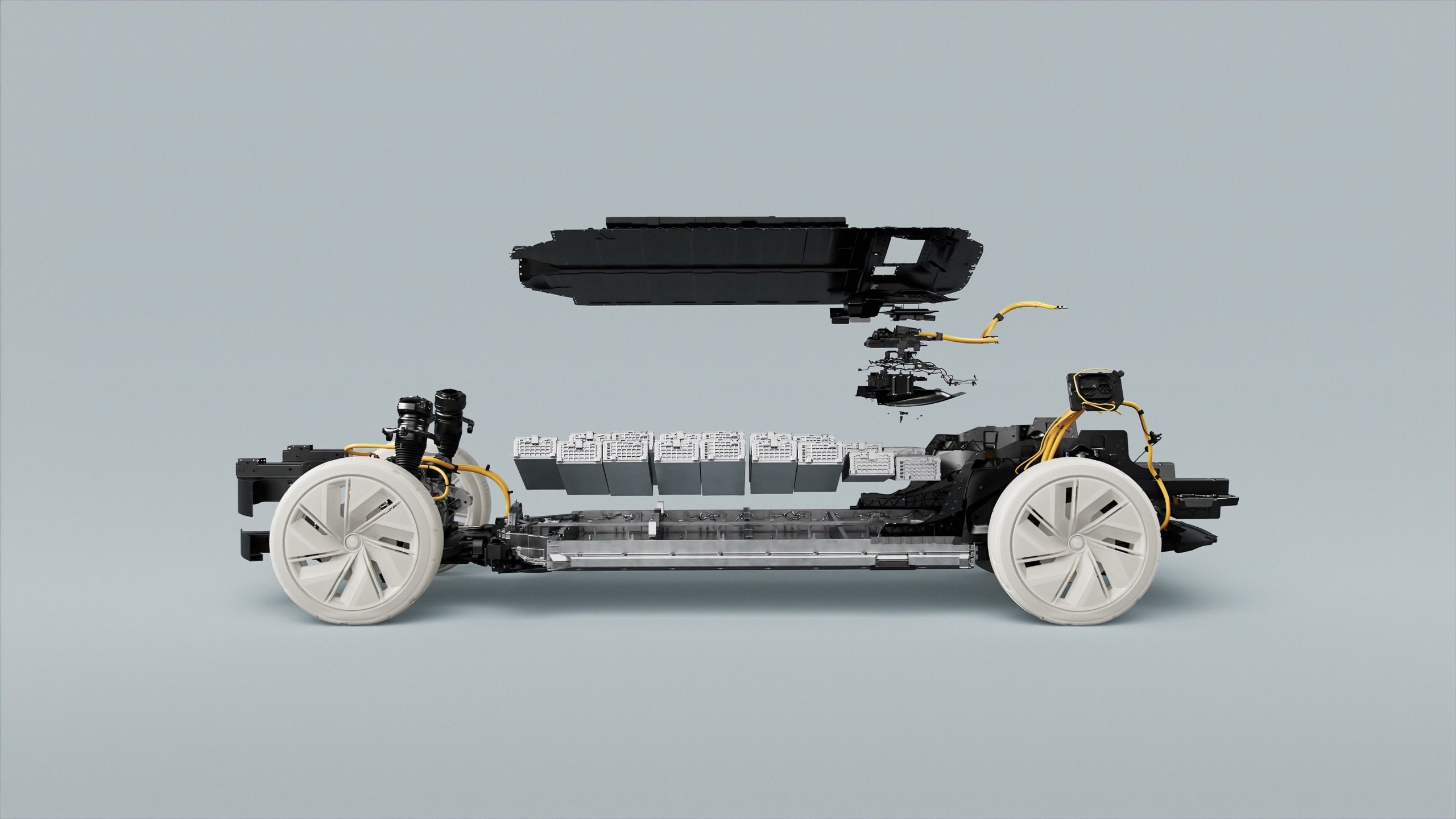Volvo has teamed up with Breathe Battery Technologies, a startup from Imperial College London, to introduce an innovative battery management platform. This partnership aims to enhance EV charging efficiency by optimizing charging algorithms.
By doing so, Volvo’s electric vehicles can now charge up to 30% faster without compromising battery durability. The remarkable aspect is that this new platform is compatible with existing EV models, making it a significant advancement in electric vehicle technology.
While electric vehicles have gained popularity, concerns regarding high prices, long charging times, and limited range still persist. Despite this, recent advancements have addressed these issues.
On average, EVs now require less than half an hour to charge from 10% to 80% and can travel over 300 miles (483 km) on a single charge. However, Volvo’s collaboration with Breathe Battery Technologies signifies ongoing efforts to further improve electric vehicle technology.

Volvo’s adoption of Breathe’s software, which integrates seamlessly with its battery management system, enables Volvo EVs to charge significantly faster. Real-world tests have demonstrated charging time improvements ranging from 15% to 30% without compromising energy density or range.
Moreover, this enhancement ensures the battery’s longevity without any adverse effects on its health status. By utilizing adaptive charging algorithms, Volvo’s EVs can dynamically control charging current, taking into account the battery’s health to prevent lithium plating.
This technological advancement, termed software-defined batteries, allows for faster charging without necessitating changes in battery chemistry or design, thereby minimizing environmental impact.
While some may question Volvo’s achievement in reducing charging time by up to 30%, especially with ongoing developments in extreme-fast-charging battery cells by other manufacturers, Volvo’s approach offers a unique selling point for its EVs.
Unlike competitors’ solutions, Volvo’s solution doesn’t require altering battery design or compromising durability. If successful, Volvo could set a new standard in EV charging efficiency, offering consumers a compelling reason to choose their electric vehicles.

